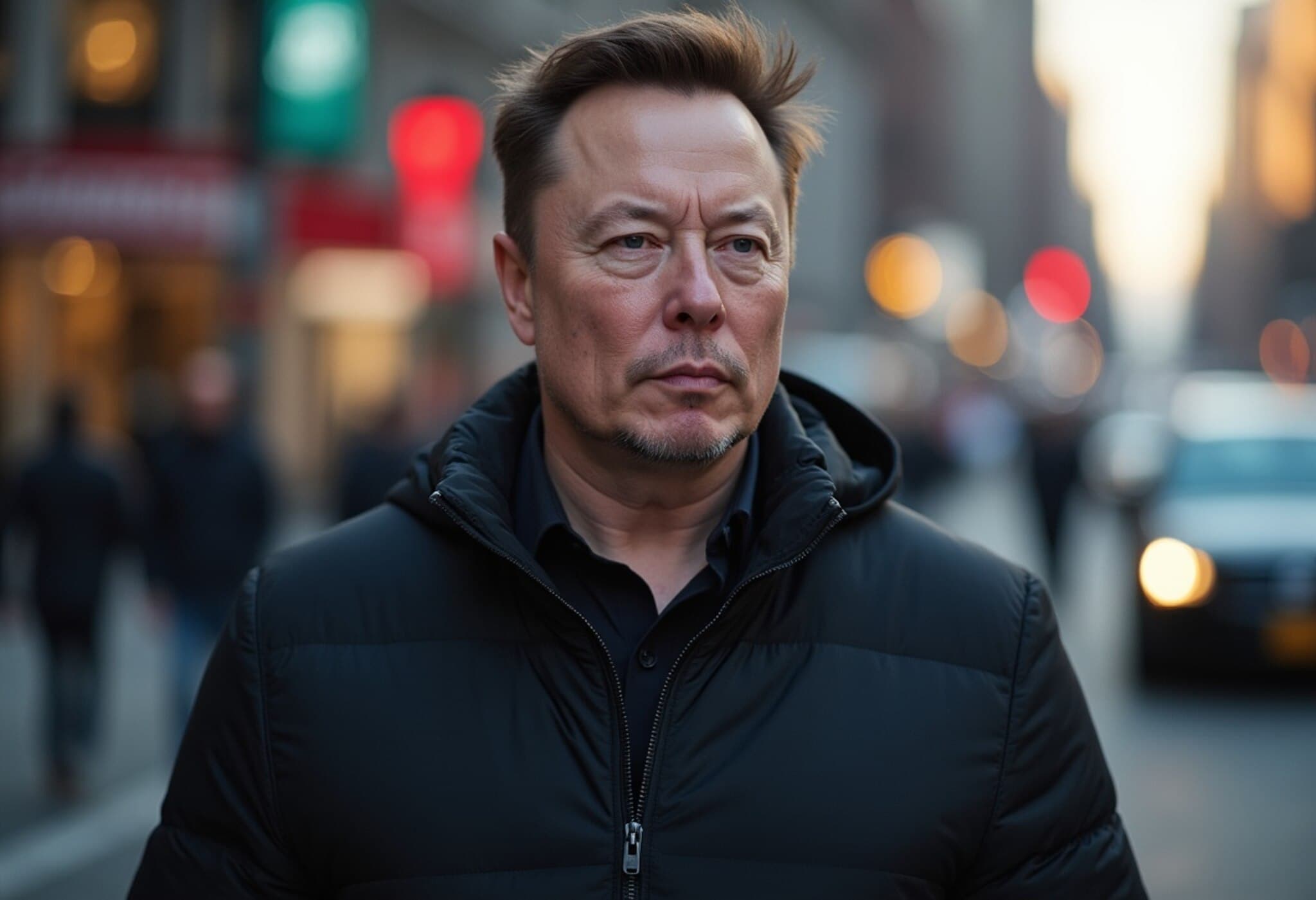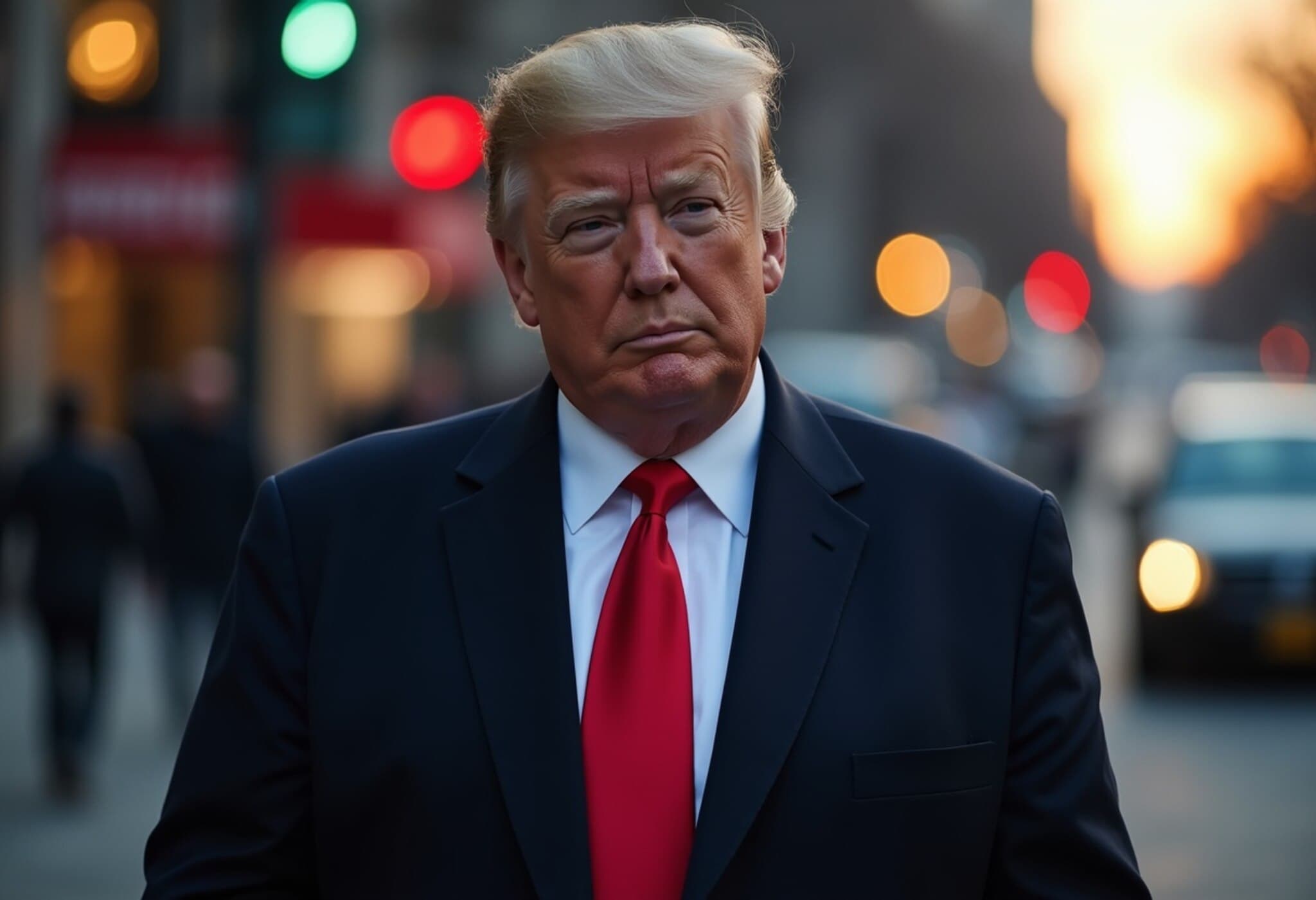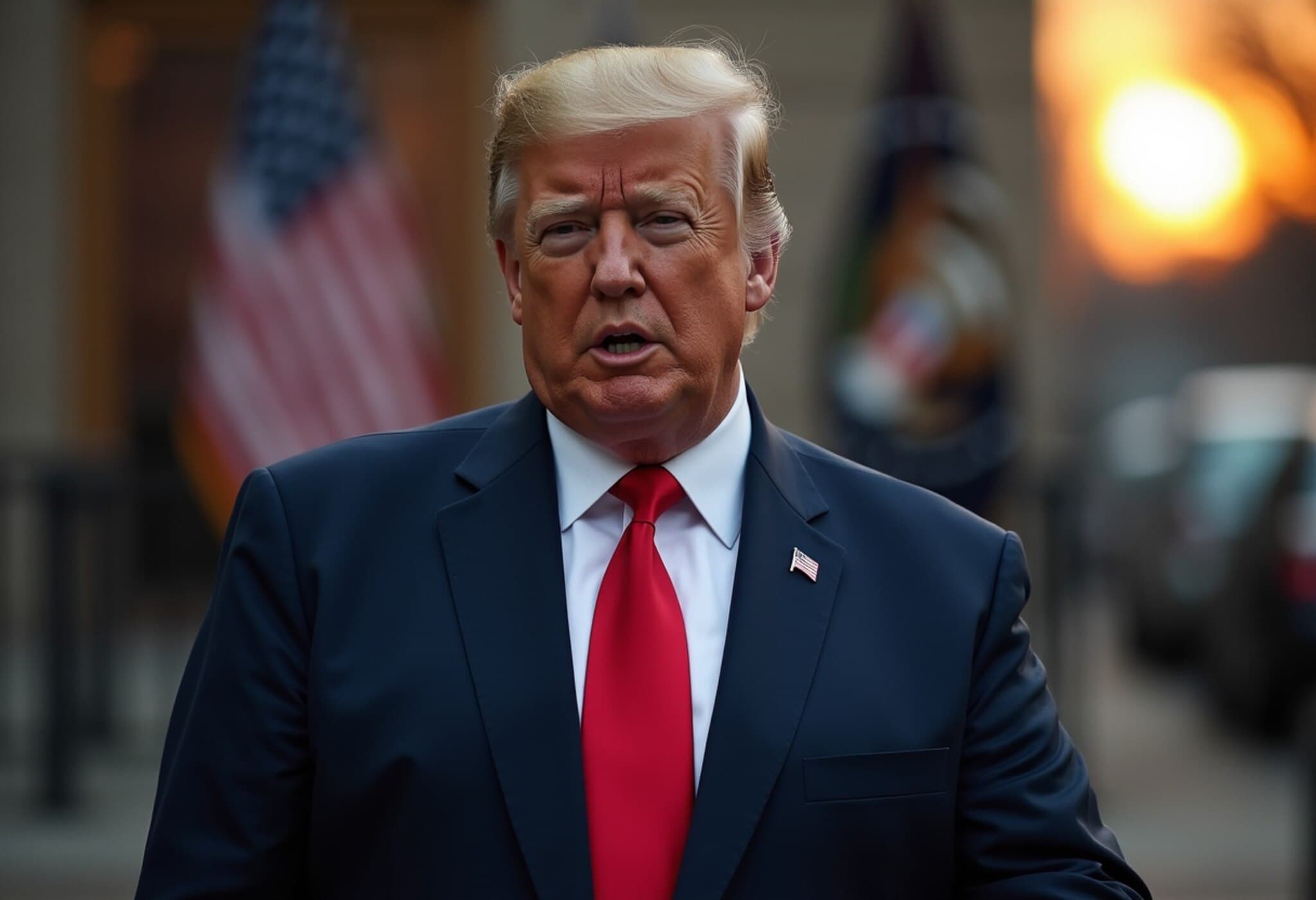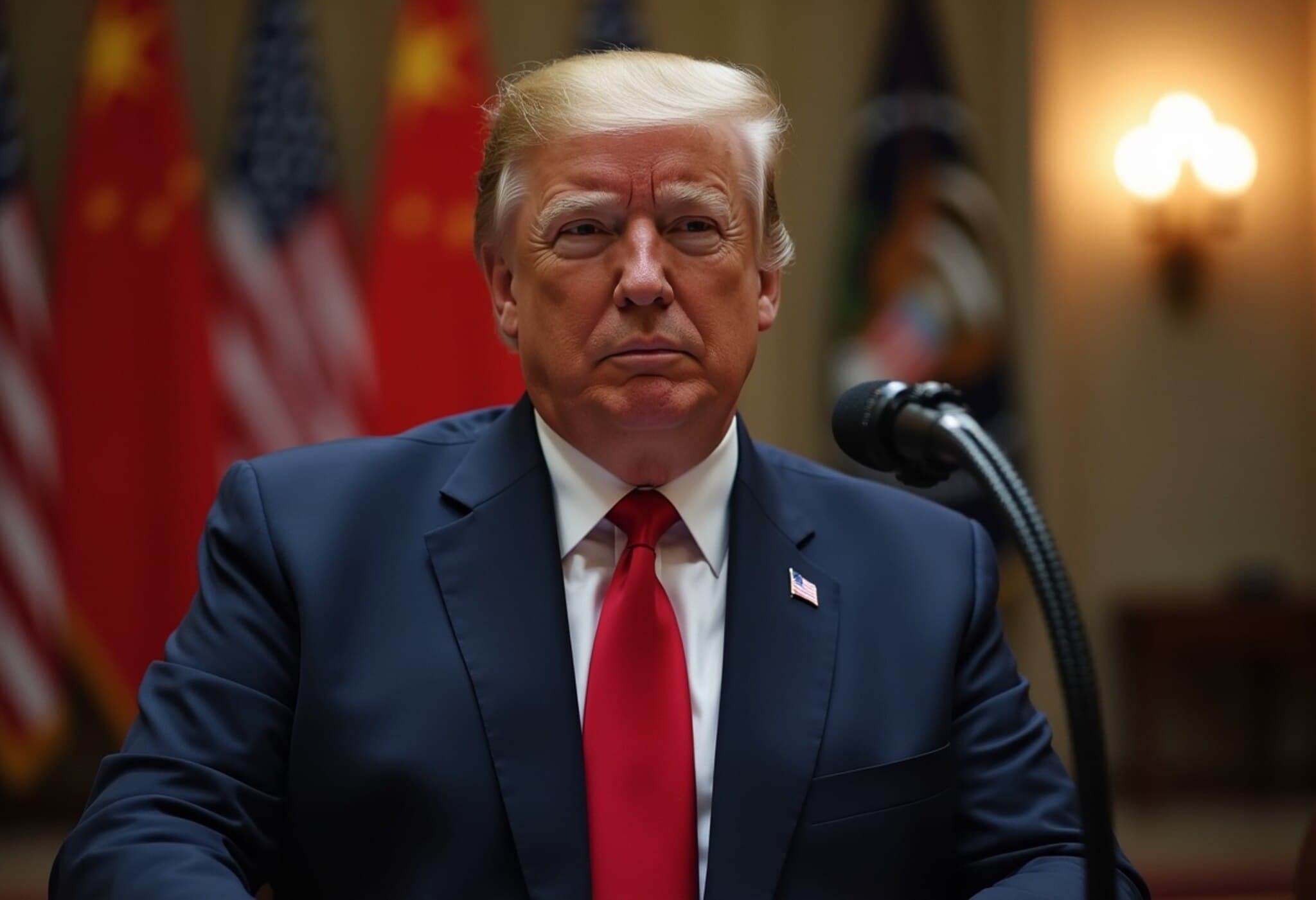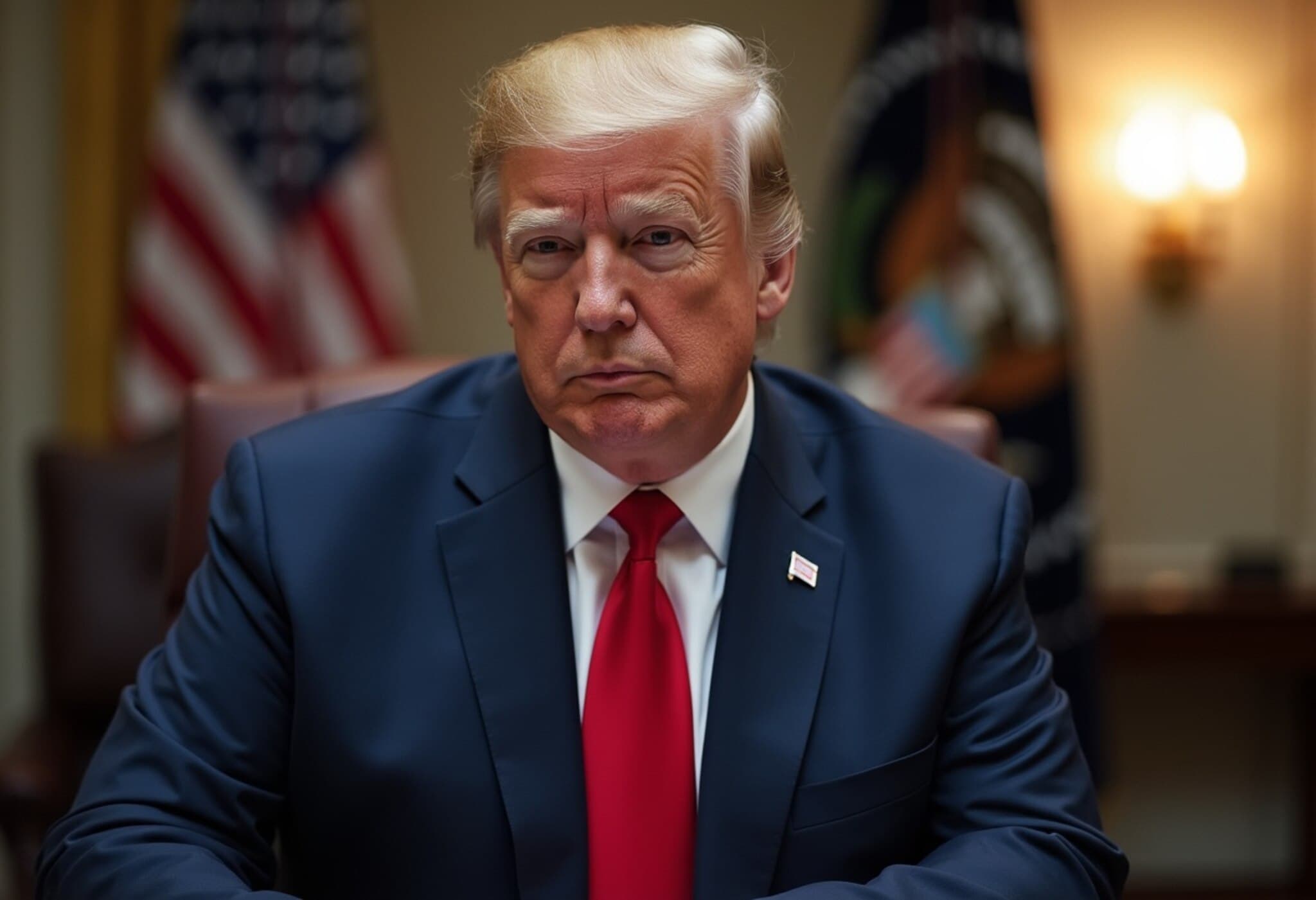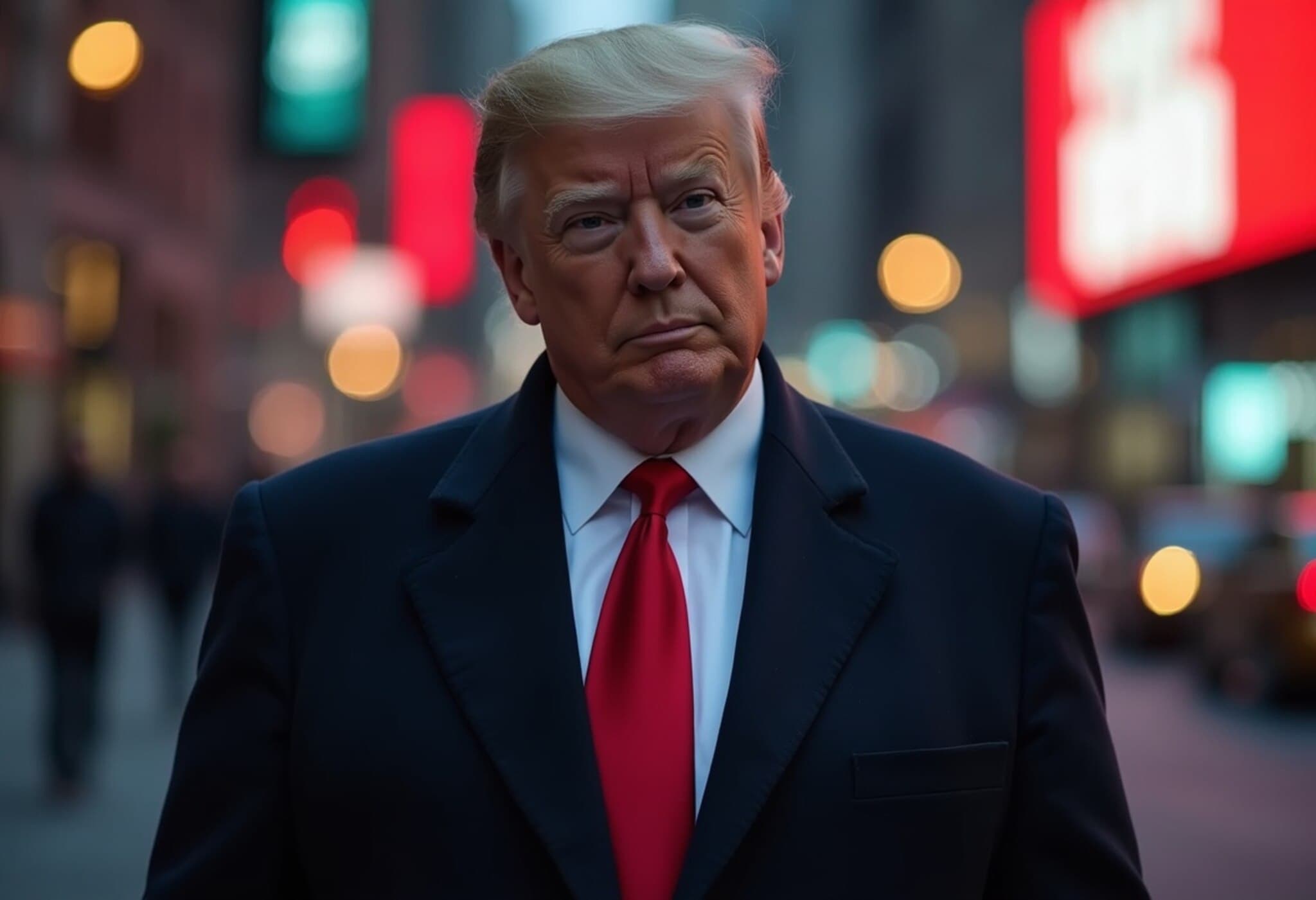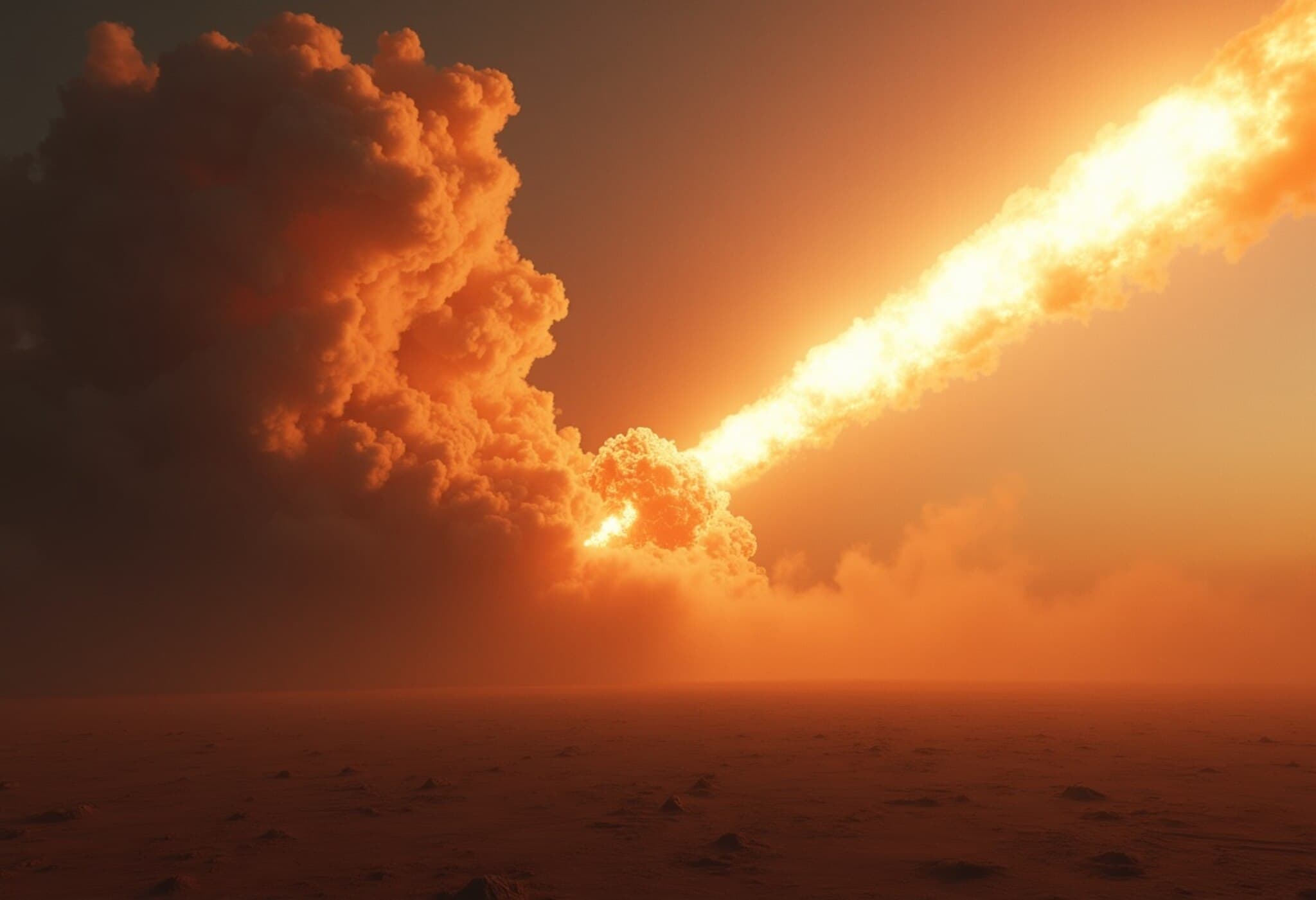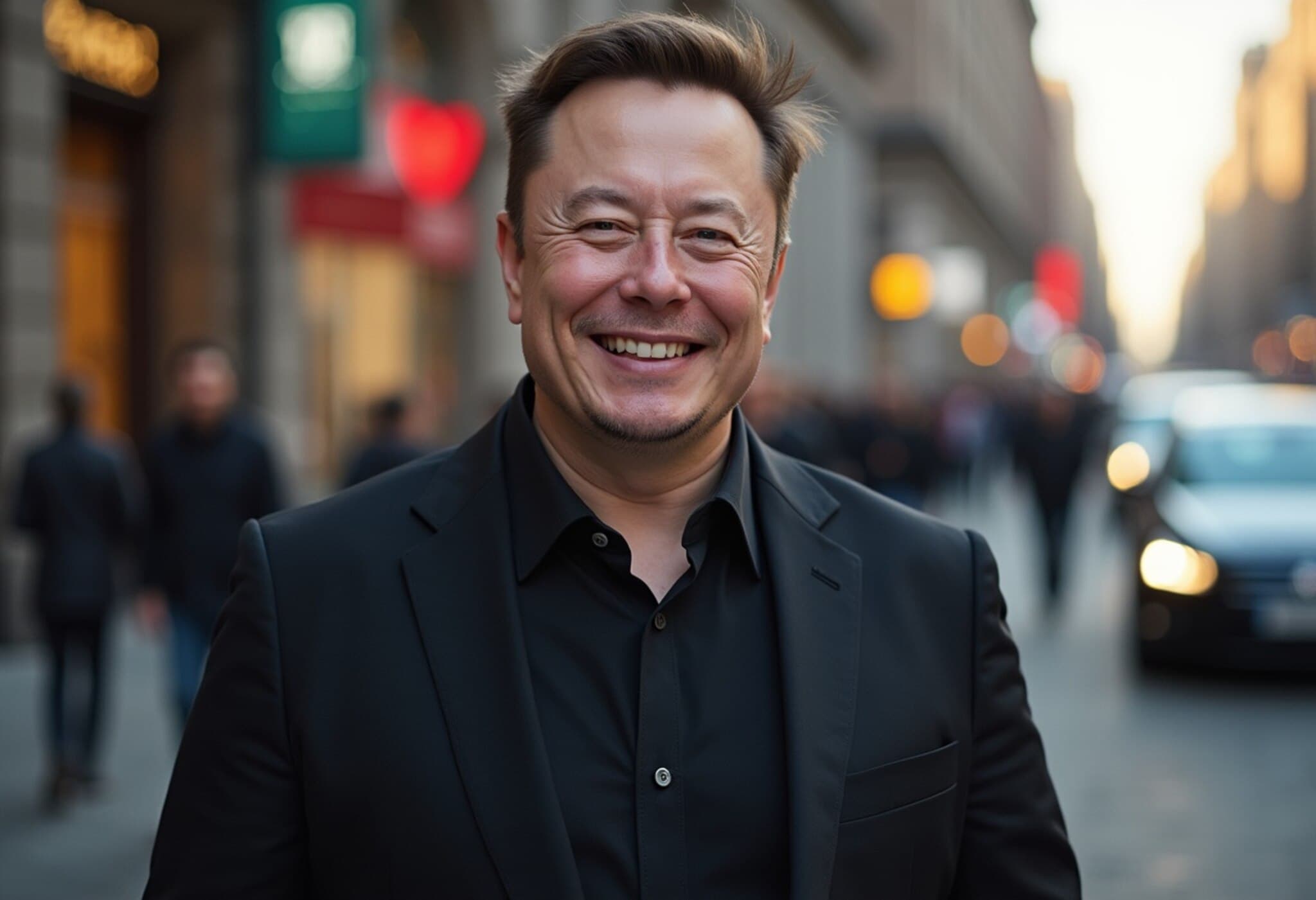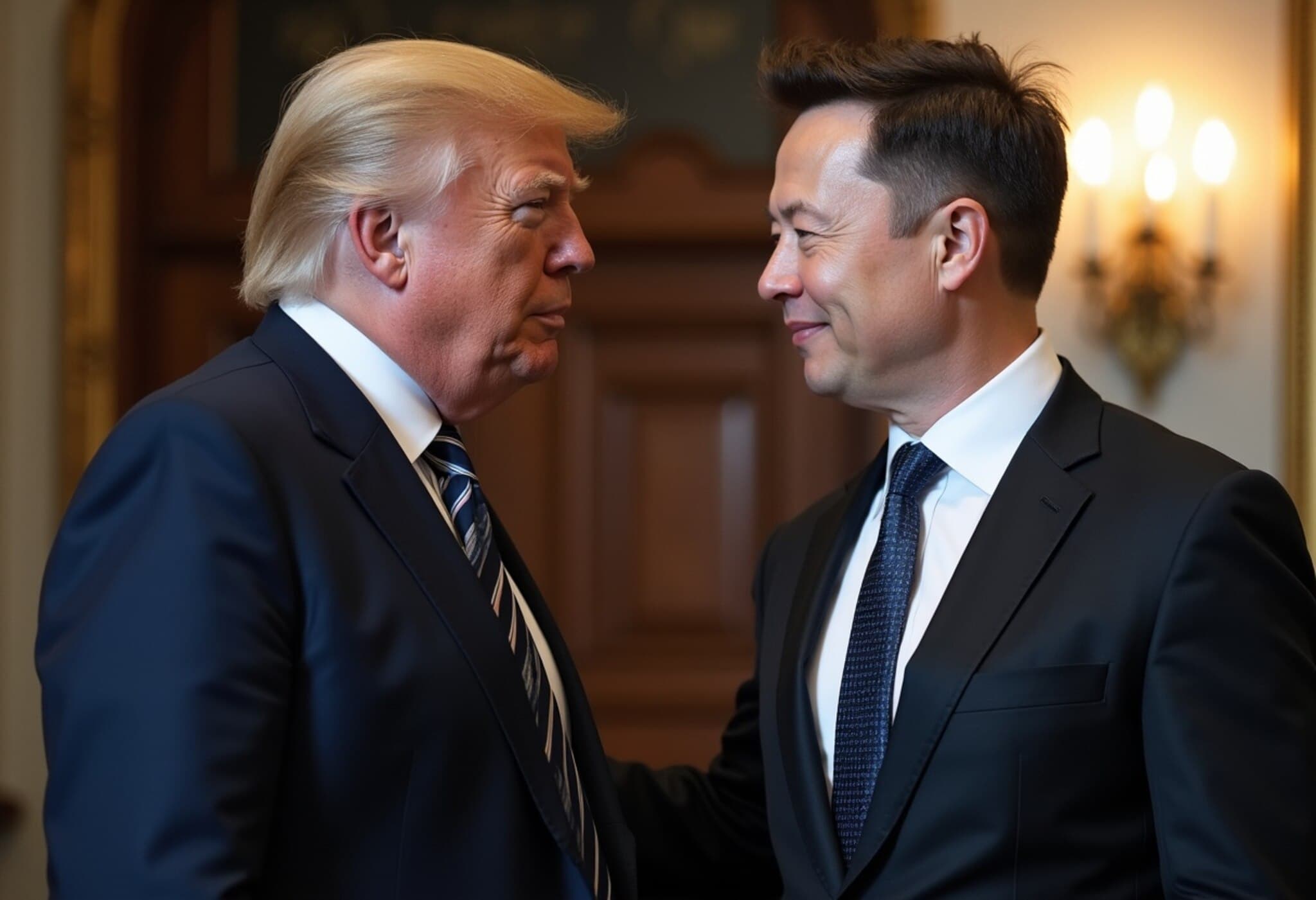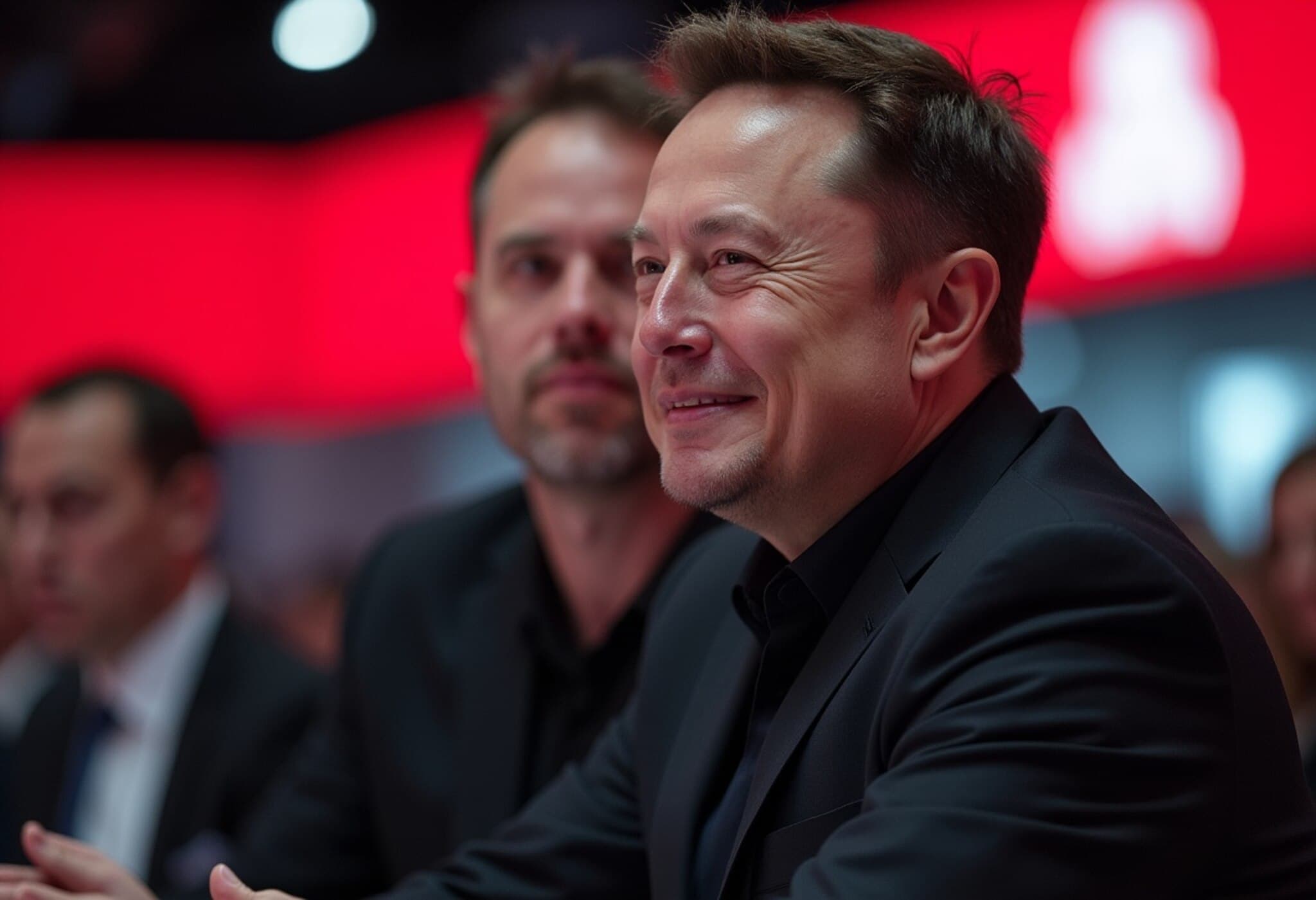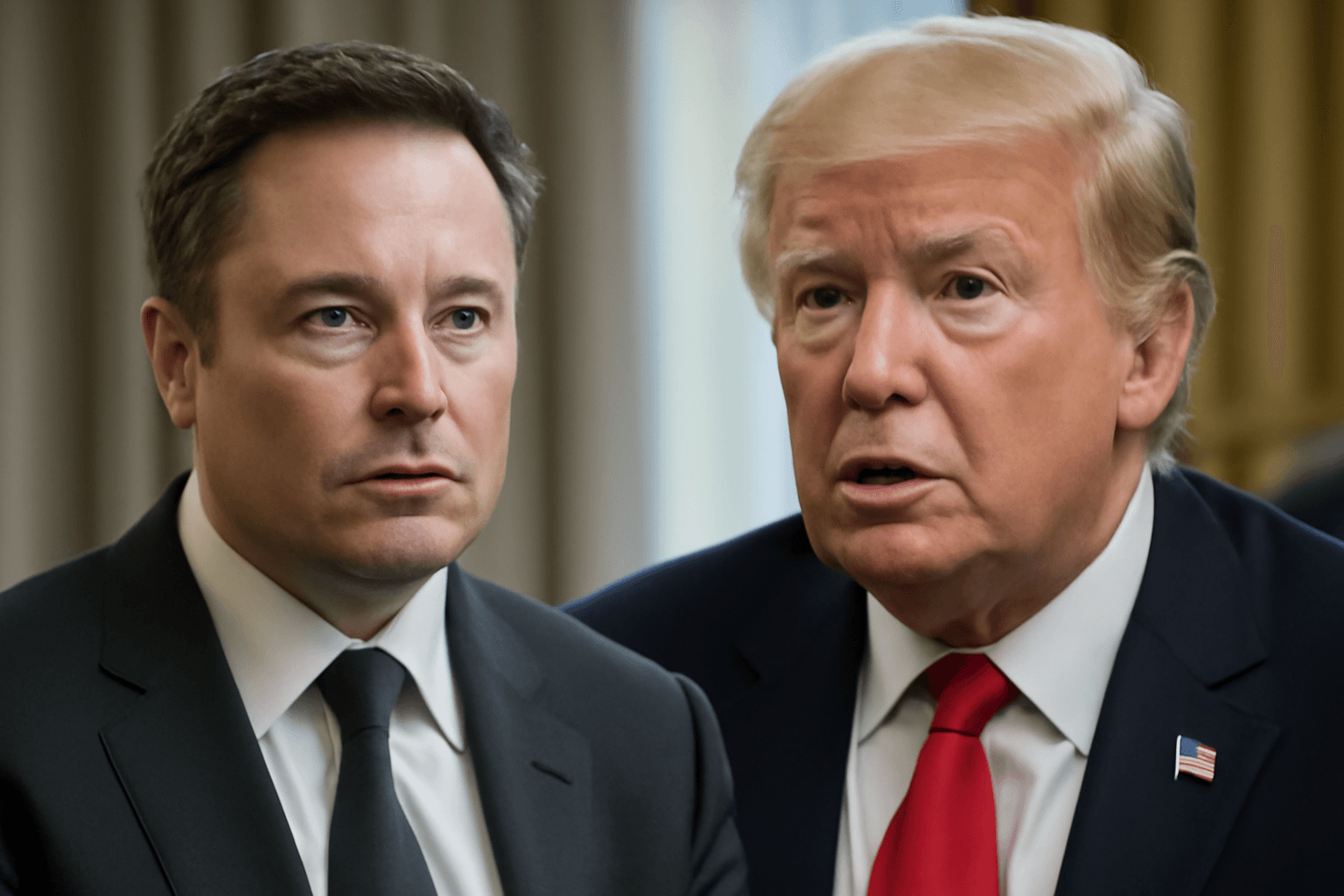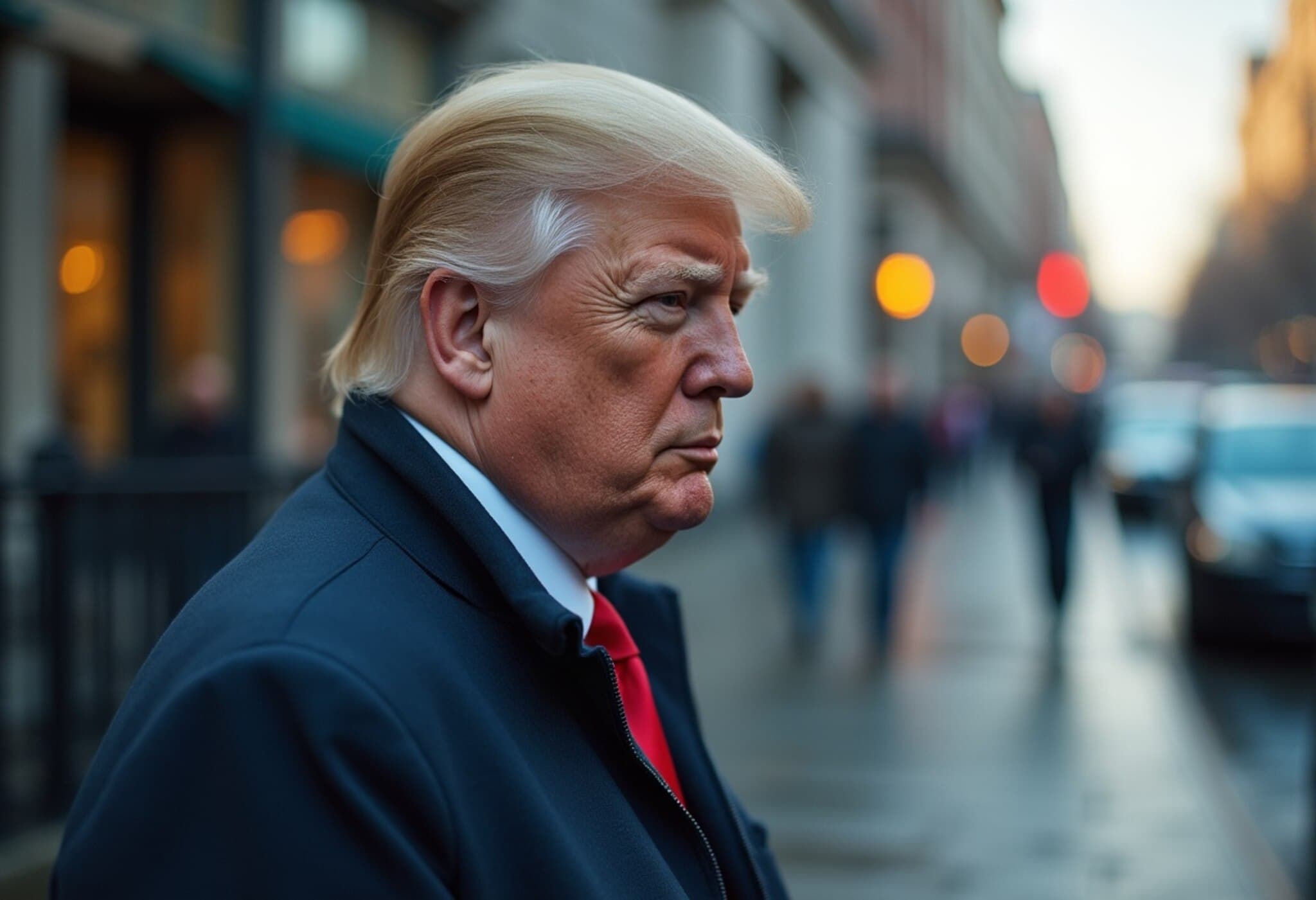Trump Administration's Unsuccessful Effort to Cut SpaceX Contracts Unveils America's Strategic Reliance
In the wake of a public fallout between former U.S. President Donald Trump and tech entrepreneur Elon Musk, the Trump administration reportedly explored ways to scale back or terminate government contracts with Musk's aerospace giant, SpaceX. However, after a comprehensive review, officials concluded that such actions were largely infeasible due to the critical nature of SpaceX's work for the Department of Defense (DoD), NASA, and several intelligence agencies.
The Fallout: From Public Spat to Contract Review
The tension between Trump and Musk escalated in early 2025 following Musk's outspoken criticism of Trump's "One Big Beautiful Bill" policy proposal. In response, Trump hinted at cutting subsidies and government contracts awarded to Musk's companies, notably SpaceX and Tesla. Given that Musk's ventures have historically benefited from billions of dollars in government funding, including subsidies, tax incentives, and direct contracts, this signaled a potential shake-up in longstanding public-private partnerships.
Shortly after these signals, a senior-led review was initiated to scrutinize the scope and nature of contracts awarded to SpaceX, aiming to assess whether the government could legally and practically sever ties.
Deep Integration into National Security Efforts
The review, spearheaded by Josh Gruenbaum of the General Services Administration (GSA), reached out to the DoD, NASA, the National Reconnaissance Office (NRO), and several other federal agencies. Agencies were asked to detail their current contracts with SpaceX and, critically, to evaluate whether existing competitors could fulfill those contracts’ demanding requirements.
Findings emphasized two pivotal points:
- Criticality of Services: SpaceX supports vital missions ranging from military communications to satellite launches essential for intelligence gathering and space exploration.
- Lack of Viable Alternatives: No other aerospace company currently matches SpaceX's combination of technological capability, launch capacity, and cost efficiency, making contract termination a high-risk disruptor.
The review concluded that disrupting these contracts would compromise essential defense and civil space functions, forcing the administration to abandon plans to scale down SpaceX partnerships despite political motivations.
Financial and Strategic Implications
Publicly available data indicates that ongoing government contracts with SpaceX amount to approximately $18 billion. This figure excludes the extensive subsidies and tax credits Musk's companies have historically received. Estimates suggest that 30-40% of SpaceX's annual revenue derives directly from government sources, specifically NASA, the military, and intelligence agencies.
This substantial dependency reveals a broader strategic question about America’s concentration of critical space infrastructure in a handful of private hands. Unlike traditional government contractors, SpaceX combines innovation speed with extensive infrastructure, setting a high bar few competitors can meet.
Expert Insight: A Shift in the Public-Private Space Paradigm
According to Dr. Lisa Fernandez, a policy analyst specializing in aerospace and defense, "This episode underscores the evolving dynamic between government and private space companies—one characterized by unprecedented reliance but also delicate political interplay. The Trump administration's inability to pivot away from SpaceX highlights both the technological monopoly SpaceX holds and the limitations of political leverage over national security contracts."
She adds, "Going forward, policymakers must consider how to foster competitive ecosystems in space technology to reduce bilateral dependencies that can create vulnerabilities or political friction."
Looking Ahead: Balancing National Security and Innovation
The failed effort to cut SpaceX contracts not only reveals political tensions but also spotlights America’s strategic challenge: ensuring secure, reliable access to space and satellite services while managing private sector dominance. While Musk's enterprises continue to push technological boundaries, governments must carefully navigate how to balance innovation with national security imperatives and supply chain resilience.
Editor’s Note
The Trump administration's investigation into cutting SpaceX contracts unwittingly exposes the deep, growing interdependence between U.S. national interests and private aerospace innovators. This interplay raises crucial questions for policymakers: How do we safeguard critical space infrastructure without becoming overly reliant on a single corporate entity? What strategies might diversify capabilities while sustaining innovation momentum? As space increasingly becomes a domain of geopolitical competition, these questions will only grow in urgency.
Ultimately, navigating this new frontier requires a nuanced approach that balances political realities, cutting-edge technology, and long-term strategic security.

